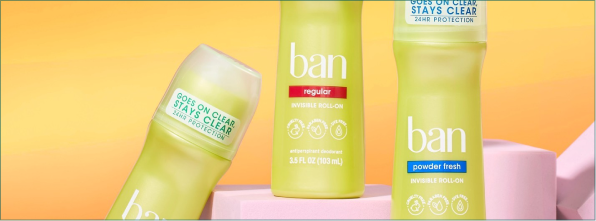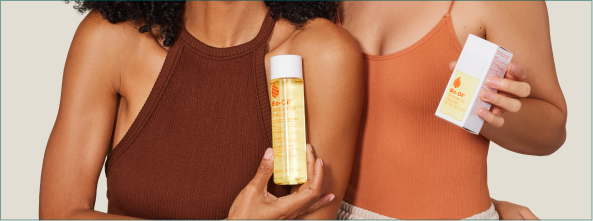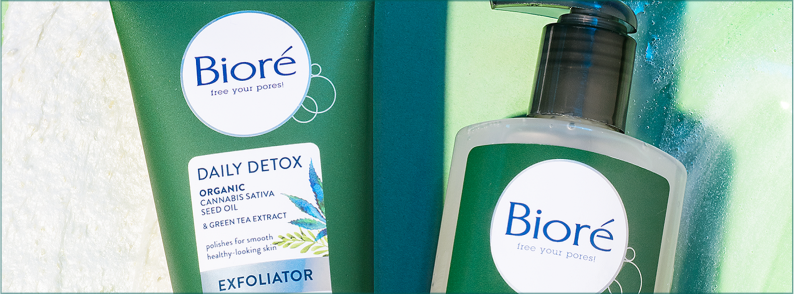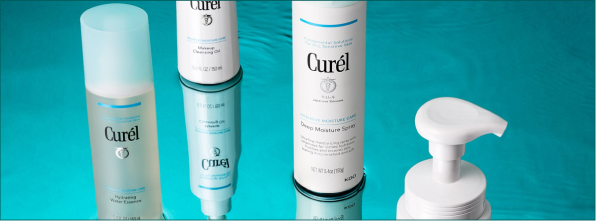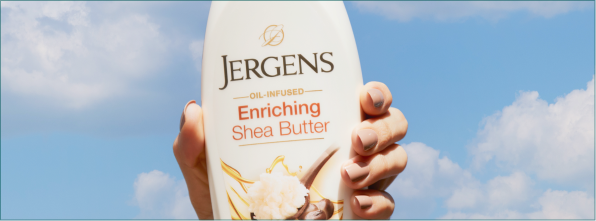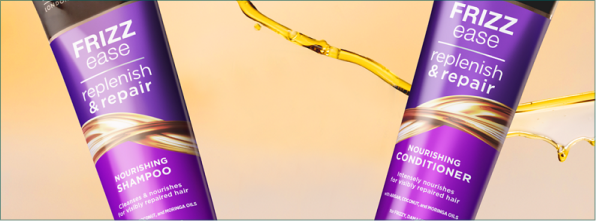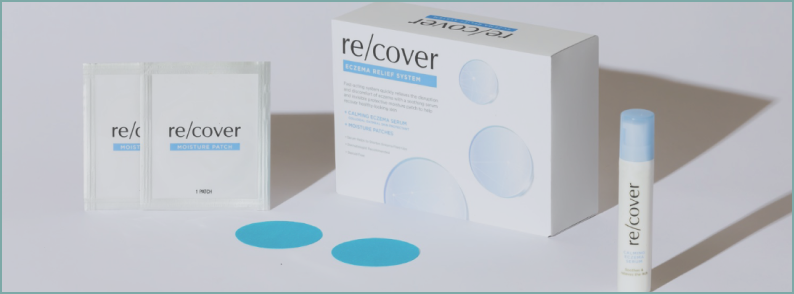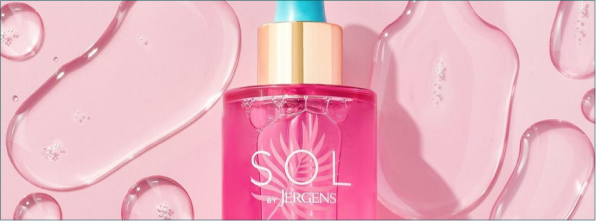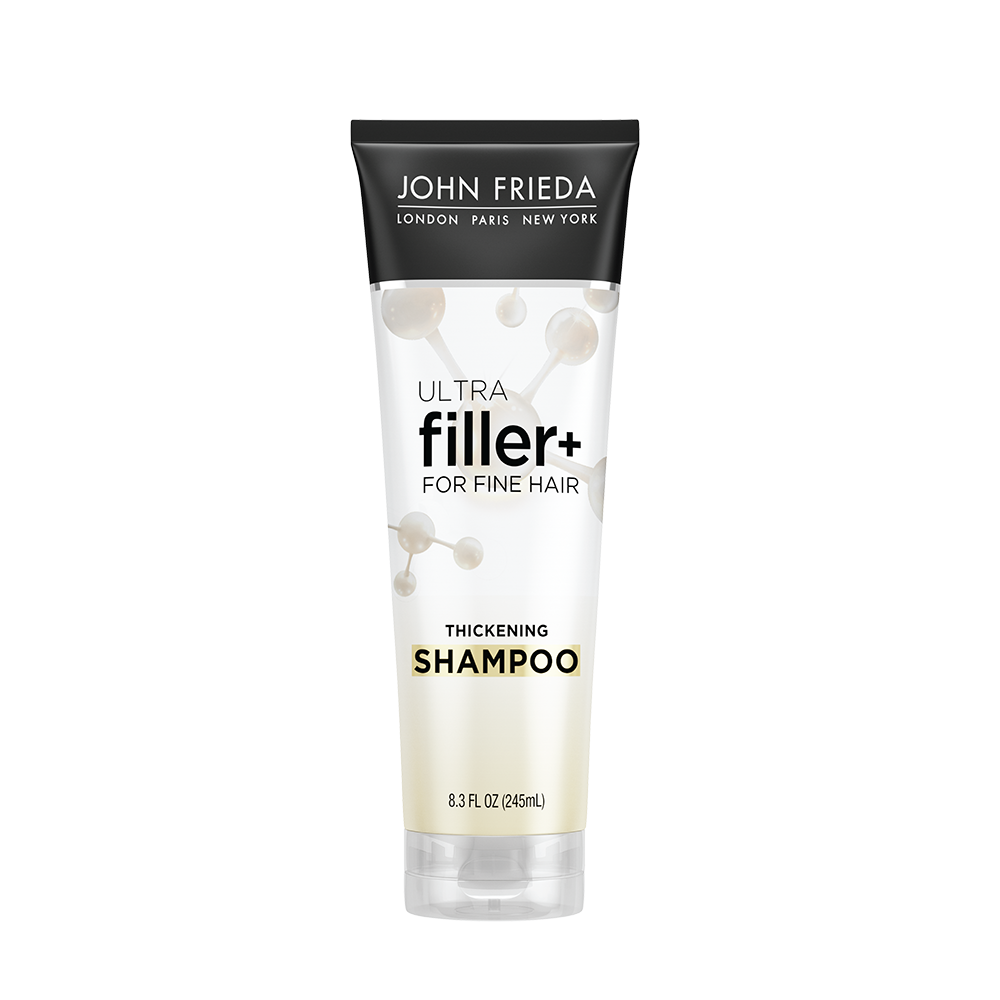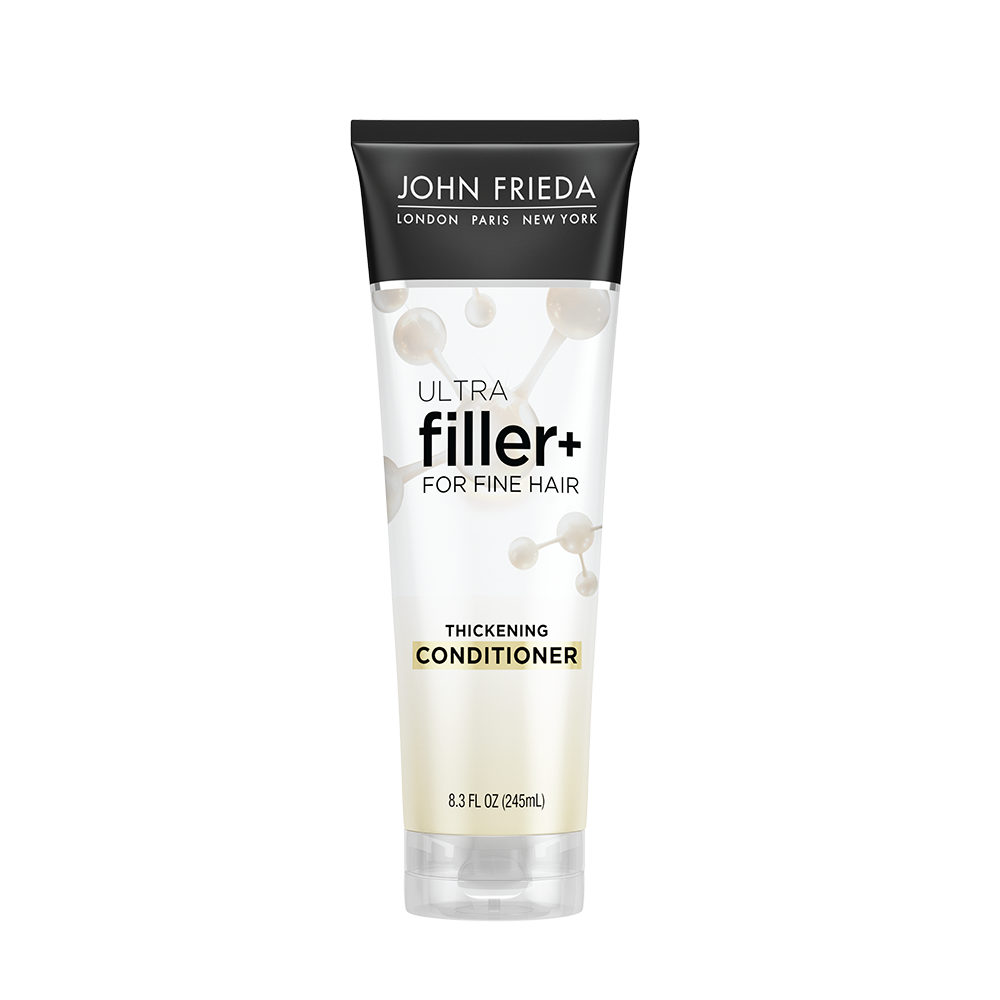Can I Prevent Postpartum Hair Loss? Tips for New Moms
Let’s explore why postpartum hair loss happens and how you can take steps to reduce it.

How Can I Prevent Postpartum Hair Loss? Tips and Treatments for New Moms
Are you experiencing postpartum hair loss? You’re not alone! Many new moms go through this phase, usually a few months after giving birth. If you’ve noticed more hair in your brush or shower drain, don’t worry—this is a common experience, and there are ways to manage it.
With some simple care tips and the right products, you can support your hair’s health and start feeling confident again. Let’s explore why hair loss happens and how you can take steps to reduce it.
Why Does Postpartum Hair Loss Happen?
What causes hair loss after pregnancy?
Postpartum hair loss happens because of hormonal changes. During pregnancy, higher estrogen levels keep more hair in its growth phase, resulting in thicker, fuller hair. After childbirth, estrogen levels drop, and your hair may enter a shedding phase (known as telogen effluvium). This natural process is your body’s way of readjusting.
Is the hair loss temporary?
Yes, the good news is that postpartum hair loss is usually temporary! Most women notice regrowth within 6 to 12 months. Patience is key, and it can vary from person to person. Rest assured, there are ways to support your hair health and make the journey smoother.
What Nutrients Help Prevent Postpartum Hair Loss?
Which vitamins and minerals are essential for hair health?
Certain nutrients can give your hair the support it needs, especially during postpartum recovery. Look for:
-
Biotin: Often called the “hair vitamin,” biotin can improve hair’s strength and texture.
-
Vitamin D: This vitamin helps with healthy hair follicles and may support hair regrowth.
-
Iron: Essential for transporting oxygen to hair follicles, iron can help reduce shedding.
-
Zinc: Known to support scalp health and hair strength.
-
Omega-3 fatty acids: Known to nourish the scalp, these fats are found in foods like salmon.
A balanced diet with these nutrients—or a gentle supplement—can help you maintain healthy hair from within. For an easy breakdown of key ingredients in hair loss products, explore this guide.
Does hydration impact postpartum hair?
Absolutely! Staying hydrated helps keep hair follicles moisturized, which reduces breakage and supports healthier hair. Try keeping a water bottle nearby to make hydration easy during busy days with a newborn.
What Hair Care Practices Can Reduce Postpartum Hair Loss?
How can I be gentle with my hair during postpartum?
Being gentle with your hair can make a big difference in reducing breakage and shedding. Here are some tips to get started:
-
Avoid tight hairstyles like ponytails or buns, as they can pull on your scalp and add stress to your hair follicles.
-
Use a gentle brush and try detangling carefully from the ends to the roots.
-
Reduce heat styling if possible. If you do use heat, consider a protectant spray for added support.
Can scalp massages help with improved hair density?
Scalp massages encourage blood flow to hair follicles, which can promote increased hair density. A few minutes of gentle circular massage each day is all it takes. For extra nourishment, try a serum like the John Frieda® ULTRAfiller+ Hair Density Scalp Serum, which revitalizes the scalp to promote healthier roots and creates the optimal environment for thicker, fuller hair. The scalp serum is also made with rosemary essence to help promote relaxation and well-being.
How Can Stress Management Support Hair Health After Pregnancy?
What’s the connection between stress and hair loss?
Stress can play a role in hair health, and new motherhood can bring its own challenges. Managing stress can be beneficial for both your mind and your hair. Relaxation, self-care, and a bit of patience go a long way in supporting overall health during this period.
How can I balance self-care with new motherhood?
Here are some easy ways to weave self-care into your day, even with a busy newborn:
-
Take a few deep breaths or try a short meditation to unwind.
-
When you need support, reach out to family or friends—sometimes, a quick break makes all the difference.
-
Even a few minutes with a good book or calming music can help you recharge.
Making self-care a part of your routine is beneficial for your well-being and, in turn, can support your hair health.
Are There Recommended Products for Postpartum Hair Health?
Which shampoos and conditioners are best for thinning hair?
Shampoos and conditioners designed to add volume and support fragile hair can help. For example, the John Frieda® Hair Care ULTRAfiller+ Collection hydrates and provides hair strength to plump the overall hair thickness and reduce hair loss due to breakage.
Are there any specific treatments for hair regrowth?
Treatments like leave-in conditioners, scalp masks, and hair serums offer additional care during the postpartum period. The John Frieda® Hair Care Replenish & Repair Collection provides moisture and strengthens hair, creating an environment that supports nourishment and resilience.
When Should I Consult a Professional About Postpartum Hair Loss?
How long should I wait before seeking advice?
If hair loss continues beyond 12 months or becomes more intense, consulting a dermatologist or trichologist may be helpful. They can help determine if there are any underlying issues.
What can a professional offer for postpartum hair health?
Professionals can evaluate any hormonal imbalances, thyroid concerns, or nutrient needs related to hair loss. Treatments like PRP (Platelet-Rich Plasma) therapy might also be available to stimulate growth. Consulting a professional can provide peace of mind and guidance if you're feeling uncertain.
Final Thoughts
Postpartum hair loss can be challenging, but taking a few steps to care for your hair can make all the difference. With a balanced diet, gentle hair care, and patience, you’ll be on your way to strong, healthy hair. For more postpartum hair care options, check out the John Frieda® Hair Care collection and find products tailored to your needs.
If you need more advice, feel free to reach out—our team is here to help!
